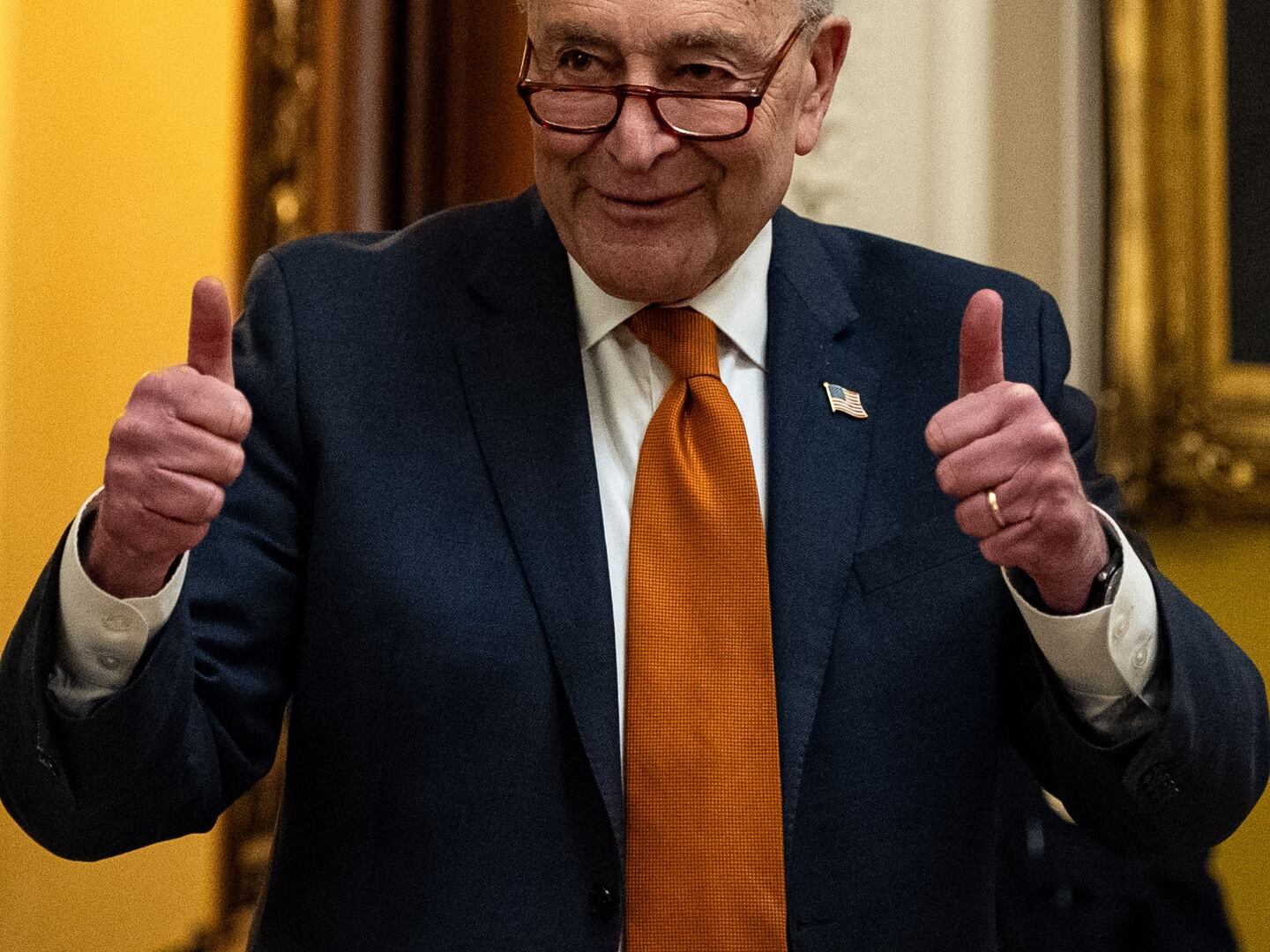Opinion
AP Photo/Eduardo Munoz Alvarez
Skip Corporate Juneteenth Branding, Invest in Black People
A HOLIDAY ISN’T ENOUGH
We don’t need your Juneteenth-branded ice cream, corporate America. Put your money where your signaling is, and actually lift up Black communities.
opinion






